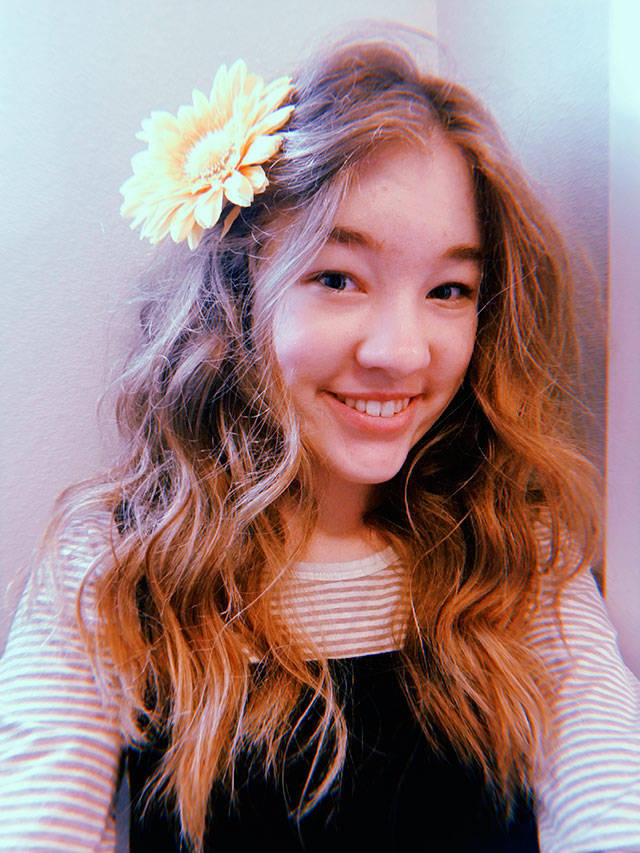It occurred to me suddenly: for the past six months, I have been so focused on every other problem that our country is facing that I haven’t once taken the time to think of the one many of us will never experience face to face — that of the asylum crisis at our border.
I call it a crisis because that’s what it so blindingly is, and not for the reason you may think. It is not a crisis because our country cannot support the amount of asylum seekers at our borders. It is not a crisis because these people are in any way evil, callous, or cruel. It is a crisis, and a humanitarian one at that, precisely because of the way our government continues to treat those seeking to enter our country.
There are so many pieces and parts to unpack, from the federal government using DNA tests to reunite families separated at the border, to the fact that in 2019 the Supreme Court ruled that immigrants are no longer allowed to seek asylum in the U.S. if they had not attempted to do so in a country they had passed through on the way here. There’s also 600 children that are still without their parents — parents must pay to use a phone to call their children, permitting our government even knows where their children are, and COVID-19 is spreading amongst detainees as they have no choice but to sit in small, confined areas.
These atrocities committed against immigrants and asylum seekers are unthinkable.
I deeply agree with the notion that having so many arrive at once puts overwhelming pressure on our already breaking system, but if we truly wish to change this the answer is not barring the gates. The answer is helping the place of violence they are escaping from reach peace, in the same way we would wish someone would help us. We have the resources, the people, and the time to help. So, why aren’t we?
I implore you to truly put yourself into the shoes of another in this moment. If you hadn’t had the pure luck to be born into this country, but instead one such as Honduras — a place that sits among the ranks of the most violent countries on Earth, filled with drug trafficking and extreme poverty — would you not give anything to bring your family to a place where you knew they would be safe? I certainly would.
But the thing to remember is, for many of us this is just a faraway thought. An imaginary alternate life we can place ourselves into and jump right back out of in seconds. But for millions, this is all they have. In fact, there are 2,000 Honduras natives and survivors of two horrific hurricanes, Eta and Iota, heading to our southern border as we speak. Doing the only thing they can think of to escape not just the violence of other people but the violence of nature alongside it. The caravan is filled with all kinds, but the majority being young adults and women with children.
In a matter of weeks they will likely arrive, and I can only pray they are welcomed as the human beings they are who have just narrowly escaped unimaginable conditions.
Although, if the past and present are to provide any indication, my hopes of such a welcome are dwindling: A simple Google search will reveal images of overcrowded wired cages, a lack of hygiene, healthcare, and food, and lines of children being led in-between detention tents. The pandemic has only exacerbated these problems, and brought forth brand new ones.
We certainly do not make the asylum process easy. One fact being that there is such a lengthy backlog of cases that need to be heard that it can be incredibly difficult to officially apply for asylum in the one-year required period, with some not even knowing of a deadline in the first place. Even in the case the application does make it through, proving you have credible or reasonable fear in your home country is an entirely different battle. This process takes months if you’re lucky, and years if you aren’t, so we shouldn’t be surprised that so many try to come here in alternative and unsafe ways to provide a better life for their family in the quickest way they know how.
I have once before stated that we are not living up to the promise of our Constitution, and a similar idea comes to mind now.
The Statue Of Liberty is engraved with the following words, “Give me your tired, your poor, your huddled masses yearning to breathe free, the wretched refuse of your teeming shore.”
We ought to remember who we set out to be, and I know for certain it was not a country that pushed away anyone different, anyone hurting, or anyone in need of a home.
To the soon-departing administration, I will say no more than this: Your acts toward these people have been both immoral and inhumane. History has its eyes on us, and it will not be kind to your show of cruelty.
Please, if you are able, donate to organizations such as the ACLU or Border Angels, or simply remind those in your life that these people at our borders are those that need to be fought for, not against.
This year I think we all owe each other that kindness.


